Early in the morning of May, I suddenly received a call from a person claiming to be a police lieutenant, working at the Traffic Police Department ( Hanoi City Police). This person recited my full name, date of birth, and ID number. After a while of "interrogation", he asked me to follow instructions to "serve the investigation and handling" of a traffic violation in Hoang Mai District (Hanoi City), in which I was the driver of the car who violated the law and was ticketed.
He even transferred the phone to me to meet my “superior” in a “threatening” and intimidating tone, asking me to read my ID card/citizen identification number. I calmly answered, in a probing manner. When he asked for my bank account number, I turned on the speakerphone to listen, but the other side asked to turn it off, because they didn’t want others to hear. I tried to argue a few more times, but the other side cursed (because I couldn’t get away with it) and hung up…
Deepfake technology fraud is very sophisticated
In fact, this form of fraud has appeared for a long time. Although the press often warns, many people are still defrauded of large sums of money. For example, Ms. T. ( Dak Nong province) received a call from someone claiming to be a police officer, informing her that she was involved in a money laundering ring. To prove her innocence, Ms. T. had to "cooperate with the investigation". The subject asked her to transfer money to her account for verification, if it was not related, they would transfer it back (!?). Out of fear, Ms. T. secretly transferred money in many installments, a total of nearly 3 billion VND to the account provided by the subject. After that, unable to contact the subjects, she reported it to the police.
Not only impersonating representatives of law enforcement agencies, criminals also use personal information and images of government leaders to set up fake social network accounts (Facebook, Zalo, Viber...). Then, the subjects use the fake accounts to make friends, send messages to exchange loans, borrow money from friends, relatives, colleagues; ask for votes on beautiful photos, young talents... to hack accounts, and appropriate money transferred by victims.
Taking advantage of updating mobile subscriber SIM information, criminals ask victims to "cooperate to check information, otherwise the 2-way SIM will be locked", "if they do not cooperate, they will be invited to the police station to work"... When cooperating, they ask victims to follow the steps as requested and eventually have their information hacked.
Recently, the subjects have used more sophisticated tricks, when making Deepfake video calls directly with the victims. Ms. Linh (living in Chau Thanh district) said that 2 weeks ago, she received a message from her brother asking for a money transfer. Ms. Linh made a video call to check, the other side clearly showed the image of her brother, but a few seconds later the call was intermittent and then turned off. "Seeing his face clearly, I trusted him and transferred 5 million VND. Unexpectedly, a few days later, when I called to ask about the amount of money I borrowed the day before, he was bewildered and said he did not ask to borrow. Only then did I realize I had been scammed" - Ms. Linh was indignant.
Deepfake is a technique that uses artificial intelligence to create fake images or videos that look very similar to real people. When applied to video calls, Deepfake can fake the voice, facial expressions and gestures of the person being faked. According to cybersecurity experts, some signs that a video call may be fake include: The caller does not look directly at the camera, does not speak fluently, has unusual actions in the video; users notice a difference between the voice and actions of the person in the video... Therefore, if users are suspicious of the authenticity of the video call, they should cancel the call and immediately contact the other person (via phone number) to confirm.
Faced with many fraudulent acts on social networks, to protect personal information, experts recommend that users do not share information (photocopies of ID cards/citizen identification cards, bank cards, OTP codes, etc.) arbitrarily. Do not access strange links; use strong passwords and change passwords regularly. At the same time, you should carefully consider before sharing personal information with anyone online, making sure to only share information with trusted websites.
The Government issued Decree 13/2023/ND-CP on personal data protection, effective from July 1, 2023. The Decree stipulates the protection of personal data and the responsibility of relevant agencies, organizations and individuals to protect personal data. Accordingly, organizations and individuals involved in the processing of personal data must apply protective measures to prevent the illegal collection of personal data from their systems and service equipment. Establishing a software system, technical measures or organizing activities to collect, transfer, buy and sell personal data without the consent of the data subject is a violation of the law. |
Source link


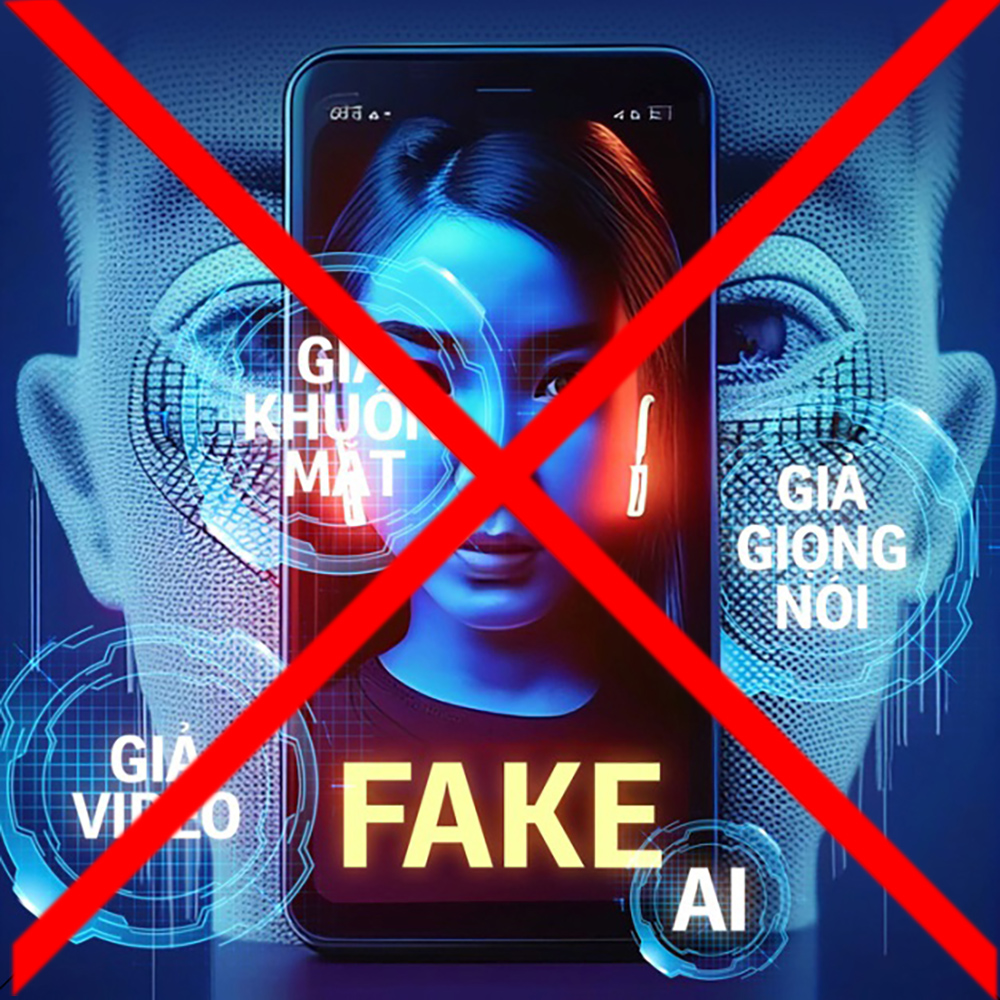
















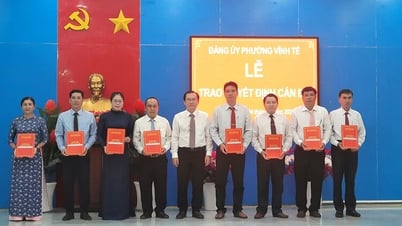










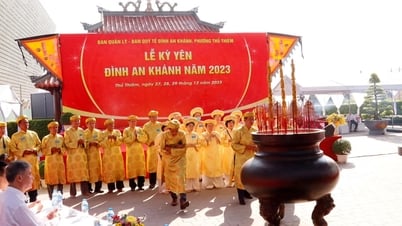

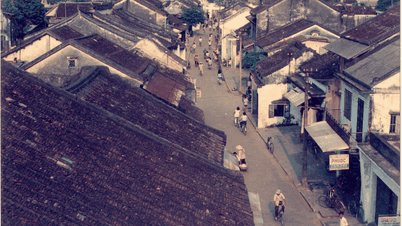




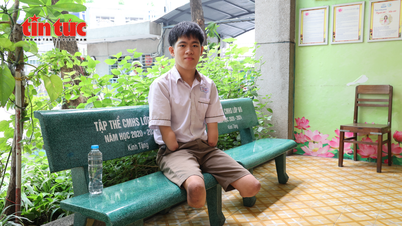







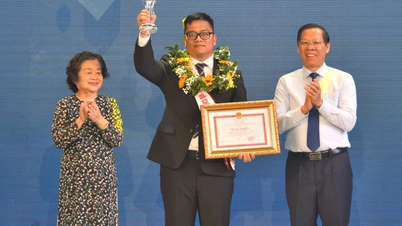









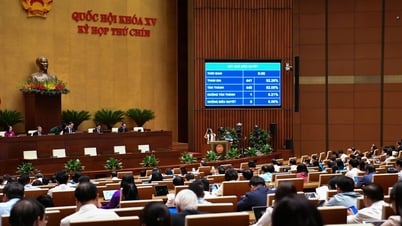

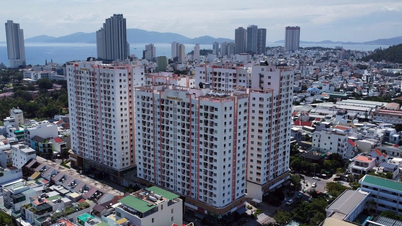

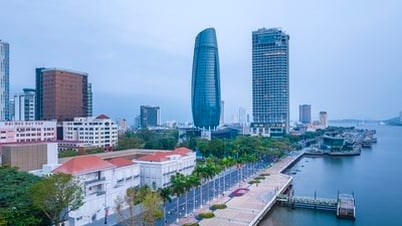

















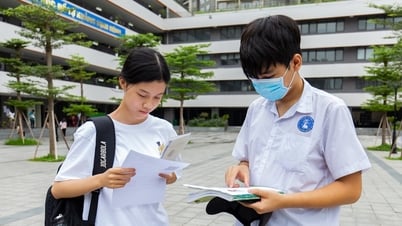


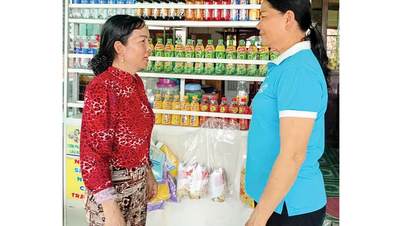




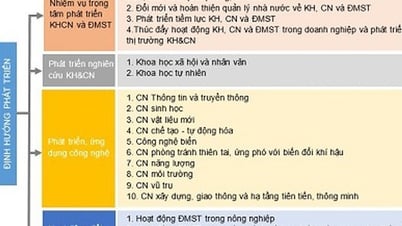

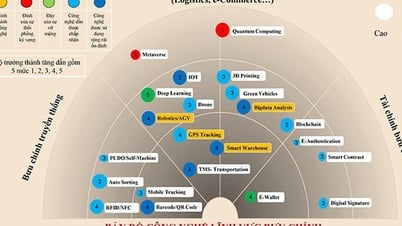
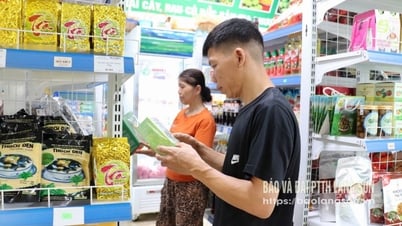



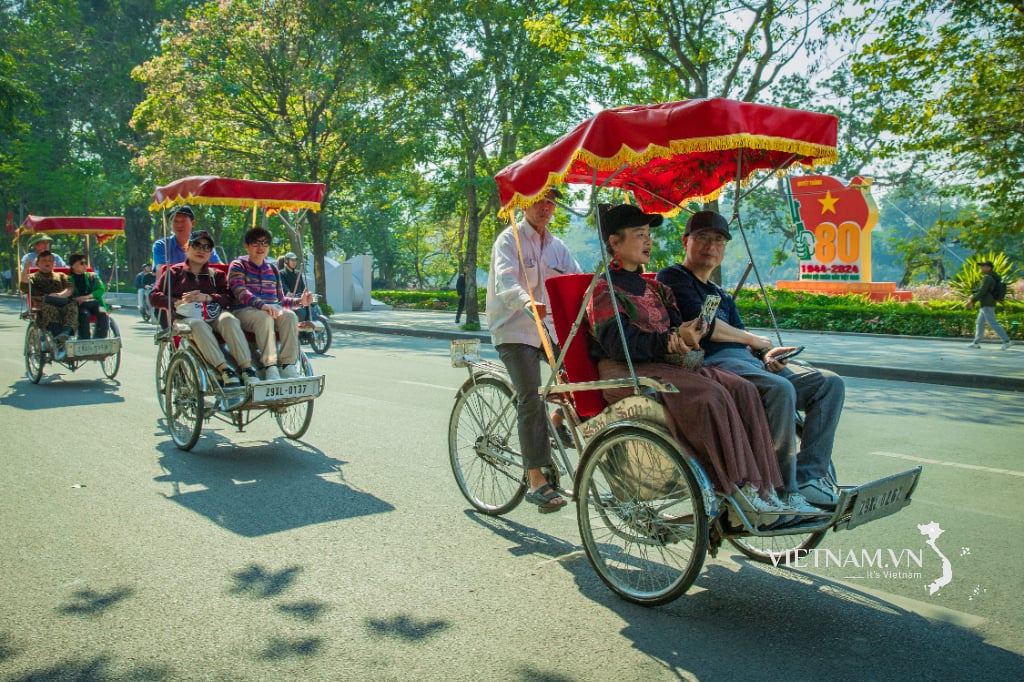
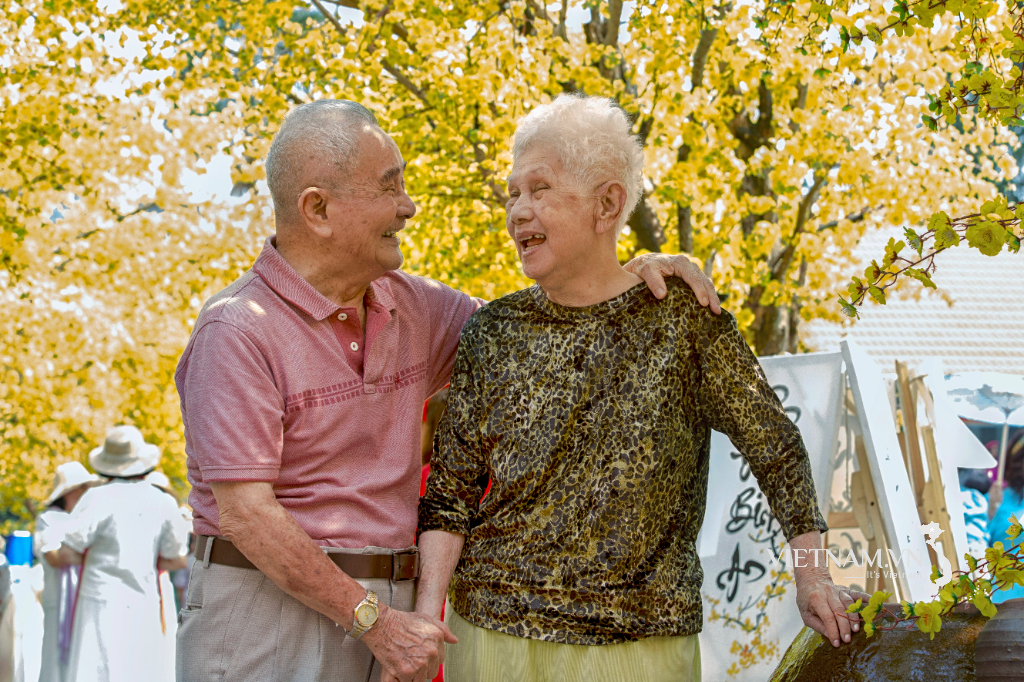

Comment (0)